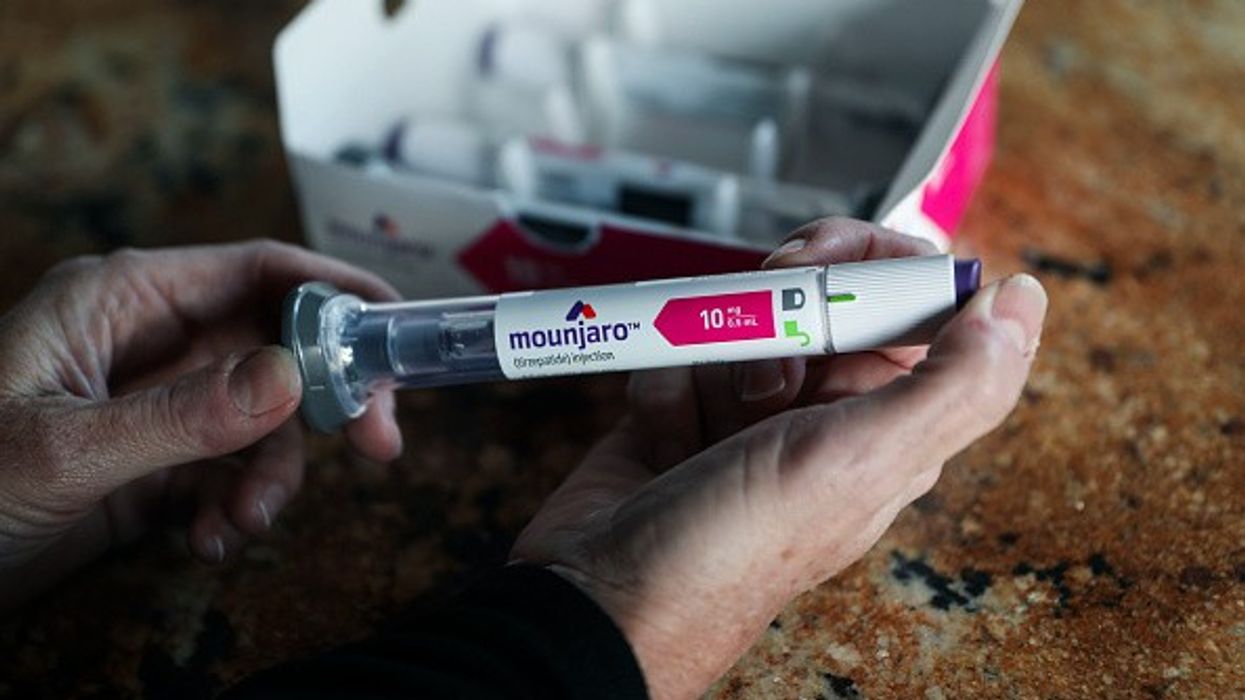Online sellers should be required to prescribe weight loss jabs only after conducting a full two-way consultation, including careful consideration of a patient’s medical history
The National Pharmacy Association (NPA), representing independent community pharmacies, has called for tougher regulation of the online sale of weight loss jabs to protect patients amid a prediction of a new year’s boom in demand.
The association argues that current regulation “leaves the door open for medicines to be supplied without appropriate patient consultation and access to patient records.”
It has urged the General Pharmaceutical Council (GPhC) to require greater consultation with patients before dispensing weight loss jabs and other high-risk medication online.
The association stressed that online sellers should not just rely on information provided in online questionnaires but also gather important historical medical information before a full two-way consultation between prescriber and patient.
Draft guidelines on weight loss medication
The GPhC proposed changes to their current guidance for online pharmacies to improve patient safety. It launched a consultation on the revised guidance on 17 September, inviting feedback until 9 October 2024 from the public, carers, pharmacists, pharmacy technicians, other healthcare professionals, and pharmacy owners.
In its response to proposed guidelines on prescribing weight loss medication, the NPA highlighted critical gaps, stating that proposed safeguards “still leaves the door open for medicines to be prescribed/supplied without appropriate two-way direct patient consultation and access to patient records for a full clinical picture particularly where high-risk medicines are involved, and the risk to patient safety remains”.
“We [the NPA] suggest including an expectation that a prescriber should have a two-way dialogue with the patient so that the patient can make an informed choice about potential treatment options particularly where high-risk medicines (for example, weight-loss medicines) are being prescribed.”
NPA chair Nick Kaye described obesity as one of the biggest challenges facing the country and emphasised the role pharmacies play in helping patients lose and maintain a healthy weight.
He acknowledged the benefits of weight loss injections in tackling obesity when “prescribed as part of a carefully managed treatment programme for patients who are most in need of support.”
However, he expressed concern that the current regulations allow some patients to “inappropriately access” weight loss injections without proper consultation or examination of historical medical records.
“There’s nothing wrong with online services in principle, but it’s important the regulator takes this opportunity to make compulsory a full consultation before dispensing high-risk medication such as weight loss injections and ensure supply is prioritised for those in most clinical need, including those with type two diabetes.”
Kaye further emphasised the importance of treating medicines with care, noting, “Medicines are not like ordinary goods for sale, they must be handled with great care because they have the power to harm as well as to heal.”
Those who are unsure about medicine are advised to speak to their pharmacist for advice.
Rising demand and safety concerns
The NPA’s call for action comes amid warnings of a boom in demand for weight loss treatments this year, as the government plans to expand the rollout of Mounjaro (tirzepatide) injections over the next few years.
Many pharmacies dispense weight loss medication or offer injectable medicines as part of private weight loss programmes.
The NPA reiterated that the best practice is to prescribe weight loss medications following a full conversation with a patient, whether virtually or in person, often as part of a programme to make long-term lifestyle changes.
It also warned patients to avoid buying weight loss injections from unregulated online sellers, who may be selling dangerous fake counterfeit medications.
The Medicines and Healthcare Regulatory Agency (MHRA) also cautioned patients not to purchase medicines from unregulated suppliers such as beauty salons and via social media.
Risks of misuse
The NPA has warned that improper prescribing of weight loss injections can put some patients, including those with a history of eating disorders or those outside the licensed BMI categories and have low BMIs, at greater risk of severe adverse effects.













